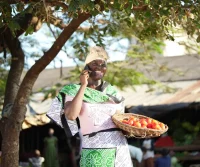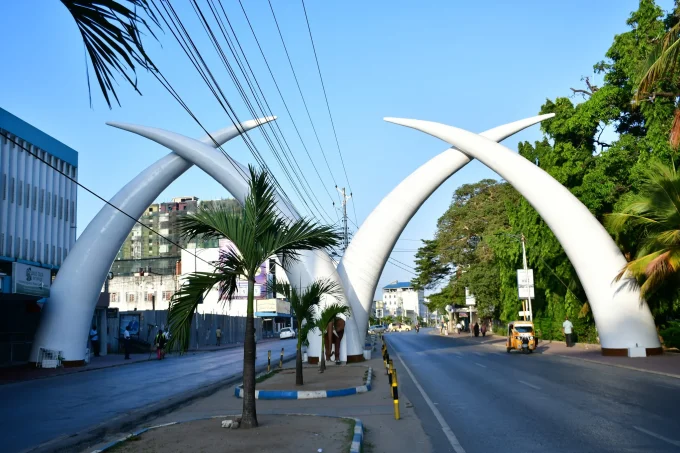Members of the hospitality industry have pledged to collaborate with government to help implement protocols to limit the spread of Covid-19. This follows an engagement between the National Multi-Agency Command Centre (NMACC), the hospitality industry, and alcoholic beverages manufacturers to reinforce existing measures.
The agreement was announced by NMACC officials and representatives from the Pubs, Entertainment and Restaurants Association of Kenya, the Bar, Hotels and Liquor Traders Association and the Alcoholic Beverages Association of Kenya.
NMACC oversees the implementation of the Covid-19 protocols and advises the government on the action to be taken to curb the spread of the highly infectious disease. Government agencies and private sector players also launched a communication campaign for the sector dubbed ‘Jibambe, Jilinde, Jikinge’ to push for the adherence to the Covid-19 protocols in the hospitality industry.
NMACC Commander Major-General Ayub Matiri said government expects trade associations and the hospitality industry as a whole to take a lead role in the enforcement of the protocols to enable the revival of the crucial sector, which has been among the worst-hit by the effects of the pandemic.
“We pushed for this collaboration because of the important role the hospitality industry plays in Kenya’s economic growth. We felt it would also be useful to tap into the networks that exist in order to ensure that recovery of the sector is fast tracked,” said Maj-Gen Matiri.
He said NMACC has partnered with this sector to ensure that there is no significant spread of the virus and secure employment.
See >> Five Ways To Turn Eighth Acre Plot Into a Cash Cow
Interior ministry representative, Isaac Masinde, challenged the associations to take the campaign to the ground. He said with the next surge forecast for July, there is now focus on Kisumu, Kisii and Kericho because of the Indian variant that has been found in the region around Lake Victoria.
Members of the trade associations will form small groups of bars and restaurants that operate within the same area, known as ‘Bar Kumi’, to encourage adherence with the law. The association also encouraged the use of the Mulika App, through which members of the public can report breaches of the law and corruption incidents.
At the peak of the pandemic in January, more than 20,000 bars were closed.
“We believe that Bar Kumi is a useful social accountability method to ensure the right thing is done,” said Frank Mbogo, chairman of the Nairobi chapter of the Pubs, Entertainment and Restaurants Association of Kenya (PERAK).
Mr Mbogo said chief among the protocols is to ensure social distancing amongst staff and customers, extra ventilation in outlets and expansion of sitting areas to outdoor spaces.
BAHLITA secretary general Boniface Gachoka said: “At the peak of the pandemic in January, more than 20,000 bars were closed. We’ll engage with the government to see that our members adhere to the protocols and we secure the livelihoods of the workers by keeping establishments going.”
Collective responsibility
ABAK chairperson Eric Githua said the collaborations by alcohol manufacturers would extend to all stakeholders. “Our commitment in the engagement today therefore pertains to our overall responsibility at company level and collectively as an industry,” said Mr Githua.
He said alcohol manufacturers had committed to “only sell alcoholic drinks to retailers who have a valid liquor/alcoholic drinks license. For this, we’ll collaborate with alcohol distributors to ensure no product is sold to outlets flouting set Covid-19 guidelines.













Leave a comment